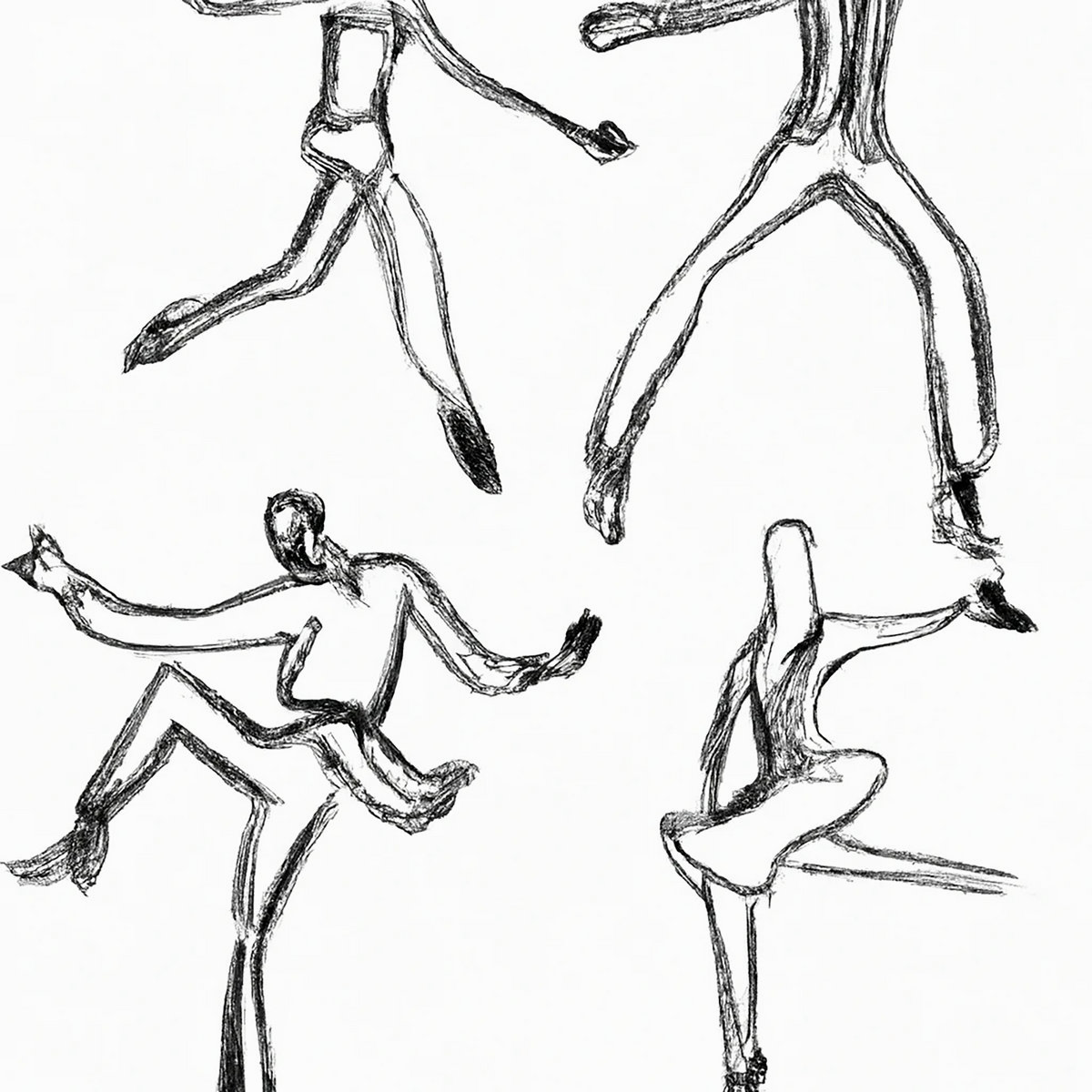18-Wheels

A Helsinki (Finland) based company, 18WHEELS, has rolled out a really cool prototype - the world's first 18WHEELS all-terrain electric vehicle. I couldn't help but reminisce about the golden era of early 2000s toys. This Helsinki-based company has truly captured the essence of nostalgia with their groundbreaking all-terrain electric vehicle.
.gif)

ELDAR, COULD YOU TELL ME ABOUT YOUR INITIAL INVOLVEMENT IN DEVELOPING ELECTRIC VEHICLES?
In the mid-2000s, I participated in the development of electric propulsion systems for transportation. I began contemplating the use of wheel motors, a rational idea allowing for the removal of many unnecessary components. Interestingly, the first patent for a wheel motor was granted 130 years ago, indicating its kinematic superiority, yet wheel motors have not found widespread application to this day.
WHAT WERE SOME OF THE INFLUENCES AND/OR REFERENCES FOR THE DESIGN ASPECT?
It was inspired by Tesla's Cybertruck. Therefore, in the first prototype, he made the body as close as possible to the Cybertruck. But the second prototype will be different because not everyone appreciated the design after the video of our vehicle appeared online. For the new second prototype, we hired designers, and the body turned out to be smoother.
THAT'S COOL. COULD YOU ELABORATE ON THE MAIN CHALLENGES WITH APPLICATION OF WHEEL MOTORS?
The primary obstacle to their widespread use is unsprung mass, the wheel's mass ratio to the vehicle's total mass. Increased unsprung mass deteriorates vehicle control and maneuverability at high speeds. Embedding a motor within the wheel significantly increases unsprung mass, limiting the use of wheel motors to low-speed vehicles like bicycles, scooters, and slow-moving cars.
.gif)
[...] DO YOU BELIEVE, THAT YOUR BACKGROUND IN ELECTRIC MOTORS... INFLUENCED YOUR APPROACH TO ADDRESSING THIS CHALLENGE?
My background in developing and producing electric motors led me to the realization that the simplest way to enhance an electric motor's power is by increasing its speed. This prompted the idea of implementing wheel motors — raising the built-in engine's speed by reducing the wheel's diameter by a factor of five. However, smaller wheels struggle to overcome large vertical obstacles.
YOU MENTIONED THE OBSTACLE OF WHEEL SIZE. HOW DOES THE WHEEL'S DIAMETER RELATE TO ITS ABILITY TO SURMOUNT OBSTACLES?
For a wheel to surmount an obstacle, it should not exceed a third of its diameter. Hence, automobiles necessitate relatively large wheels, challenging the use of wheel motors due to their large diameter requiring an especially heavy electric motor. However, I found a solution — a suspension system allowing the wheel to ascend when encountering vertical obstacles. For optimal functionality, the vehicle requires a minimum of eight or more wheels instead of the standard four. Within the dimensions of a typical ATV, fitting 18 wheels was achievable — a significant feat. Future experiments will explore varying wheel quantities. I tested five suspension concepts in mathematical models and selected the most optimal design.
HOW DOES THIS TECH IMPACT THE WEIGHT OF THE 18WHEELS?
This technology resolved the challenge of using wheel motors while reducing unsprung mass by over ten times compared to a regular wheel and over 20 times compared to a wheel motor. Classic quad bikes have an unsprung mass ranging from 23 to 30 kg, whereas ours is only 2.2 kg. This drastic reduction in unsprung mass empowers the suspension to navigate logs, rocks, curbs, and even steps without causing unpleasant impacts. During significant wheel impacts, according to the law of energy conservation, all impact energy transfers to the chassis.
And the low wheel mass results in minimal collision energy compared to the ATV's kinetic energy, making collision impacts barely noticeable. No vehicle worldwide can navigate such obstacles at speed with such ease. Increased wheel quantity yielded two significant advantages: reduced ground pressure beneficial for all vehicle types and enhanced reliability. The low ground pressure is crucial for off-road vehicles and negotiating various obstacles.

18Wheels
WHATS THE SIGNIFICANCE OF HAVING EACH WHEEL BE INDEPENDENT?
The independence of each wheel ensures that a malfunctioning wheel does not affect the others. Our chassis would need over half of its wheels to malfunction to lose its ability to drive and carry riders, unlike conventional vehicles that stop and require repairs with most component failures.
We have implemented this technology in lightweight ATVs, equivalent in dimensions to regular quad bikes. Future applications will extend to agriculture, construction machinery, and more, producing vehicles of various sizes. We haven't just invented a new type of quad bike; we've introduced a new suspension type with tremendous potential.



.gif)

















